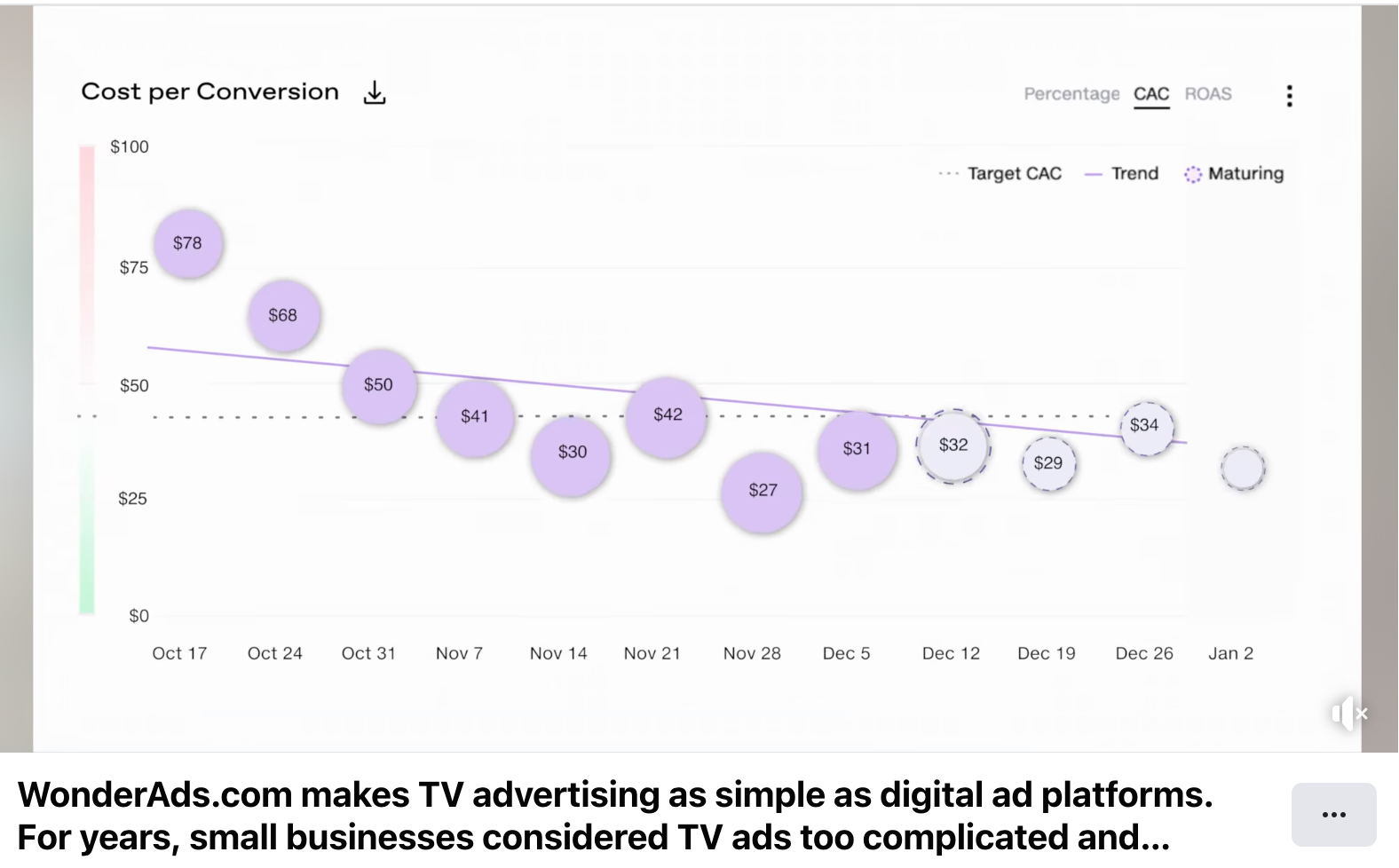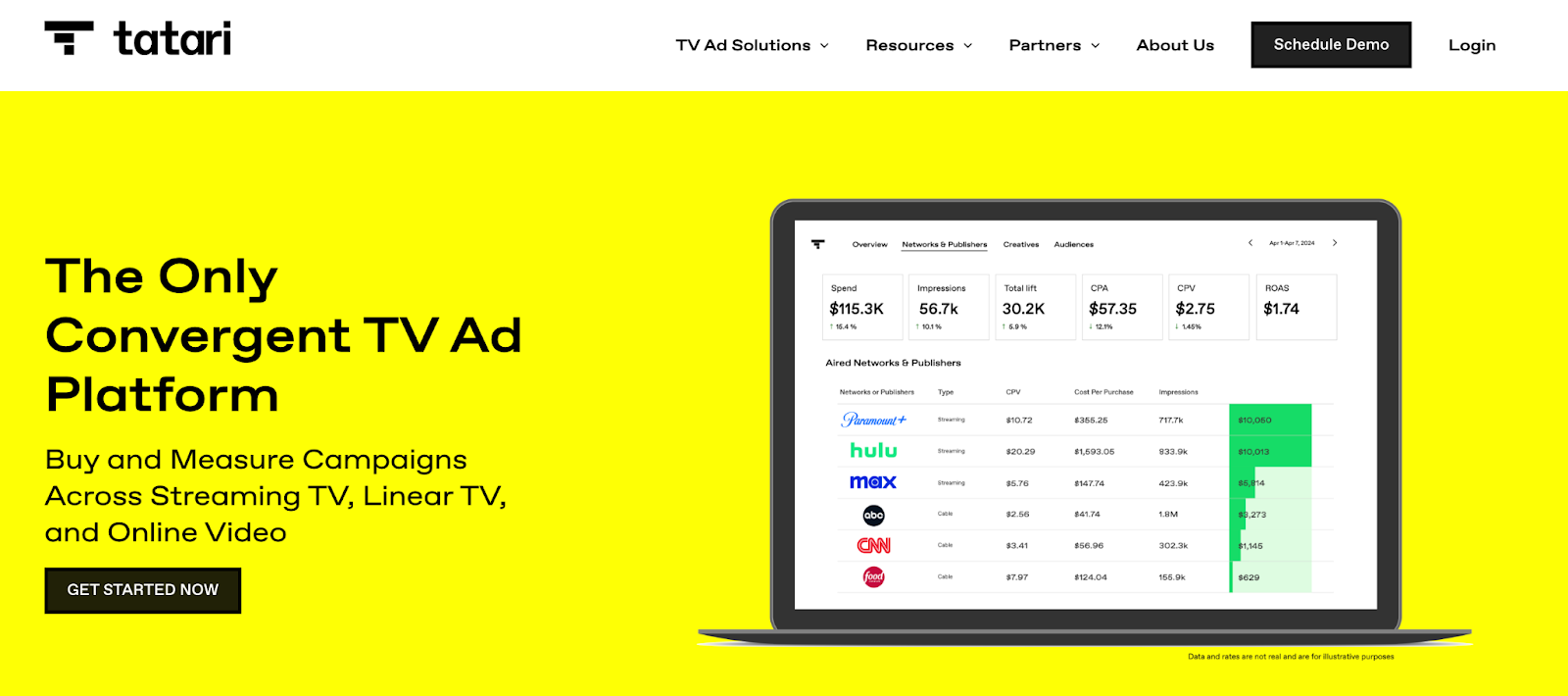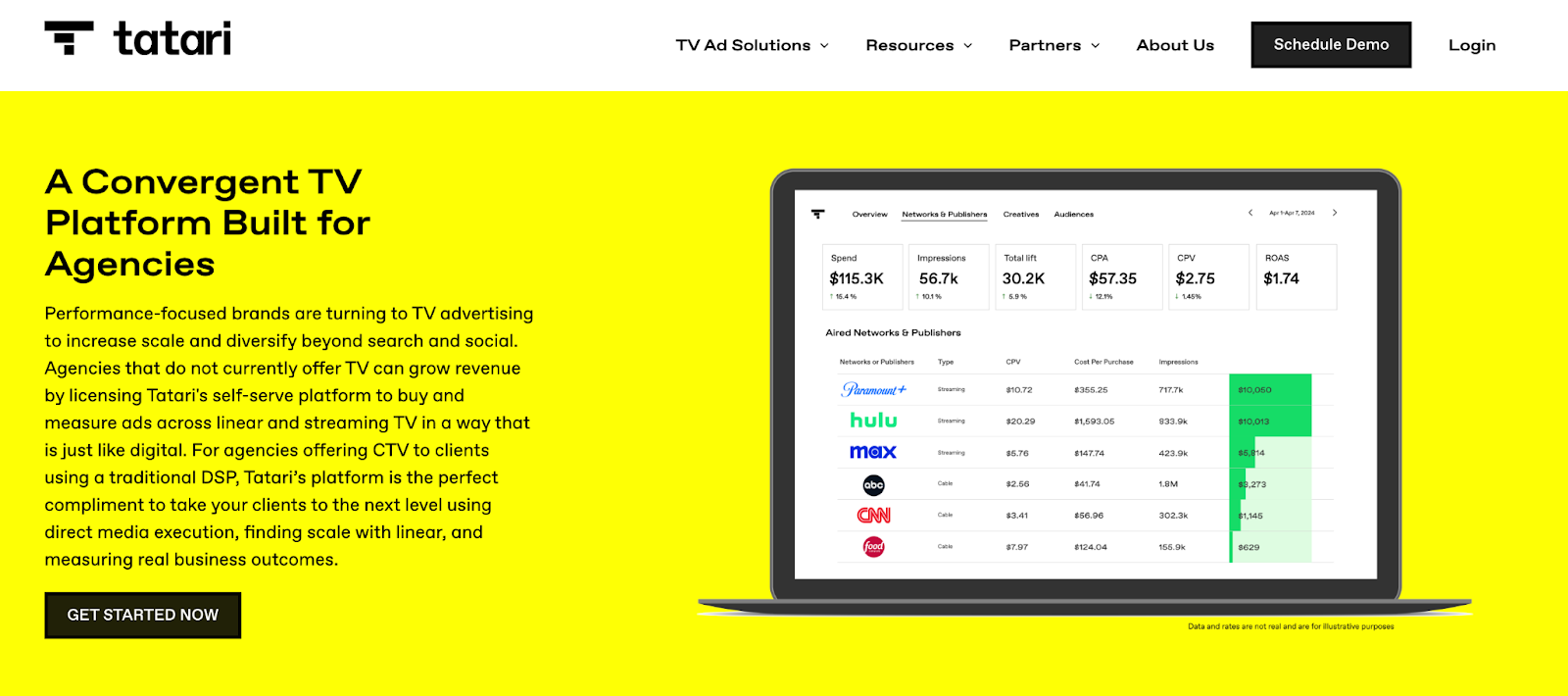In This Article

Before you can avoid marketing scams, you need to recognize that not every flashy tool or pitch with bold promises is worth your time—or your money.
Have you ever hired a marketing agency, expert, coach or consultant, or purchased some kind of marketing software that left you feeling like you’d been had? I’m thinking you have. I know I have.
Every small business owner I’ve talked to has had a bad experience with digital marketing people who have sold them “a bill of goods” and left them thousands of dollars poorer with nothing to show for it.
I call that falling prey to slot machine marketing. Throwing your hard earned money at some expert who promises the moon and gives you nothing. So you go from one expert to another and one potential silver bullet to another. It seems like they understand, but they really don’t and you’re left holding the bag – well, an empty bag.
Meanwhile, every well meaning marketing person who comes after that, has to deal with the rubble they left behind and lack of trust. Not only that, but they have to tell you that it’s just not as easy, effortless or “passive” as some folks make it out to be.
As a small business owner who has to get the best bang for your buck and who has to find experts to help you along the way, it can be scary when you aren’t an expert yourself.
In this article, I want to help you navigate the often confusing and overwhelming world of marketing products and services and how to evaluate them.
There are two kinds of marketers – which one are you dealing with?

There are two types of marketing experts; those who sell and those who serve.
Marketing experts who have done the actual work and are experts in that work, are there to serve. And there are marketing experts who are experts at selling you stuff. Their expertise is in selling and not serving. They are selling the promise of a result, they are selling a process, they are selling some transformational outcome.
I want to emphasize that neither is good or bad – at all. This is an important distinction that you need to uncover as you’re looking to invest your hard earned money into a software or consultant.
When you are looking at promotional ads, webinars, or workshops that are selling something, focus on the person who is talking and pitching the offer and ask yourself:
- Who are they?
- What is their specific area of expertise?
- What are they known for?
- Are they still doing this thing they are selling for themselves?
- When was the last time they had hands-on experience with this process or do they have a team they’ve hired to do this?
Look, there’s nothing wrong with hiring a team to do the work. You can’t scale a business without that. But think critically about the person you’re watching. You can tell by their speaking whether or not they have actually done the work themselves or if they are still doing this type of work.
Let me give you an example of a few marketing tools that are developed by people who are actual experts at the thing the software does.
This is what you want to see.
All of the examples I’m using have grown from nothing to being multi-million dollar companies. They have teams, they advertise, they sell. And all of them are legit experts who have lived what they are selling.
BrandWell, founded by Justin McGill in 2008 is an SEO driven AI content generation tool. Just has been in the SEO content space forever. Then, when he wanted to grow the business, he enrolled and hired Julia McCoy, another entrepreneur who has built and sold several super-successful content marketing businesses. Oh, and she’s written a few books on the topic. So when these folks put software in front of you and they talk about what it does, they know because this is what they’ve been doing for decades – the thing the software does.
Let’s look at tools like HubSpot. Now, I’m not friends with the founders of Hubspot (like I am with BrandWell) but the basics are generally the same. The idea for HubSpot emerged from Brian Halligan and Dharmesh Shah’s discussions at MIT about the changing landscape of marketing. They recognized the need for a new approach that emphasized engagement over traditional advertising methods. The company was founded in 2006 just as the online marketing and content marketing philosophies were forming and growing. Again, these guys had the technical experience to build a software and they were on the forefront of the content marketing phenomenon as it was forming and growing. In fact, the folks at Hubspot were instrumental in developing a lot of the foundational research and concept in this space.
Here’s another one you may not have heard of: QuestionPro – this is an online survey company that was launched around 2005 by Vivek Bhaskaran and his partner while they were still working for another company. They started their business in a garage, wrote code, sold, and partnered their way to becoming a multi-million dollar, best in class software used by some of the biggest brands and government agencies today. This software is trusted because the founders and most of the employees are people who have built it from the ground up – and they are still there to serve their customers.
So those are just three examples of software companies that came from actual practitioners and experts in the space they were serving. Another thing. These people developed their software with the user in mind. Both of these platforms were targeted to early adopters in the space and have been very focused on their users and their customers.
And another thing – all of these folks are entrepreneurs who have built something from nothing using their talents and skills and recruiting, partnering, and collaborating with their communities of tech experts and customers to create something.
How to Critically Evaluate Software and Marketing Services to Avoid Marketing Scams
Look, it’s every good business person’s job to pitch you. It’s your job to know that you are going to get pitched and to be prepared to be pitched. And there’s nothing wrong with that.
When you get an invitation to a timeshare vacation or a financial planning dinner – you KNOW you are going to get pitched. Be prepared. Be ready. Don’t complain about the pitch, you know it’s coming. The same is true for webinars and intensives, and challenges that consultants and coaches offer. These all deliver some value and it comes with a pitch.
Your job is to know what you need and what you want and to understand what your needs and requirements are before you purchase anything.
Look, I’m not talking about $50 purchases. I’m talking about tens of thousands of dollar expenses. If you’re not ready, don’t do it.
Step 1: Know what you want.
If you don’t have a plan for it – don’t buy it. Before you buy anything, you should know:
- What marketing strategy you’re using,
- What channels you will use,
- What features you want and why.
- The specific technical terms related to that purchase, what they mean and how they are measured.
Let’s say you want to generate leads and are looking for anything to help you generate leads.
You should know where your best leads come from, You should know what options you’re considering for lead generation. For example, are you generating leads through webinars, advertising, direct selling, etc. Each of these will require specific tools and capabilities.
If you’re not clear about HOW you’re planning on generating leads, anything will do and you run the risk of being sold something that isn’t right for your business.
A lot of sellers are counting on your being unprepared and selling you a promise, getting you excited and getting you to buy. These offers are scientifically and psychologically structured to grab you when you aren’t expecting it.
Don’t believe me – this is the kind of stuff I follow and get in my email from marketers who are educating other marketers:
Don’t listen to any pitches without having done online research, watched demos, talked to referrals, all those things.
Narrow down your choices to about three options. Then you can go off and listen to pitches.
Review the ad or the pitch and pay attention to your first impressions.
When you know what you’re looking for you’re going to start seeing it all over the place. You’re also going to be more prepared for those moments when something pops up unexpectedly.
But don’t worry – I’m going to prepare you for that too.
Step-by-Step Review of WonderAds
Since I’m in the business of recommending software for small businesses like yours, I thought it would be helpful to actually show you how I go through this process myself.
I recently saw an ad from Kevin O’Leary (Mr. Wonderful) from Shark Tank and it made me a little mad. As I was watching this 30 minute ad, I instantly saw red flags all over the place. So rather than just throw thoughts at you, I thought I’d take you through my thoughts as I was going through it.
If you don’t know, Kevin O’Leary sits on the panel of “Sharks” on Shark Tank. He’s a business celebrity and he’s known for being a very successful businessman who is a hard-ball investor in small businesses.
So, if you saw this ad and were wondering if this is something you should do, let me show you the process I go through to evaluate a marketing tool to see if it’s worth it. All of this is based on more than 35 years of hiring marketing consultants and choosing marketing tools.
Let’s go
Let’s say that you’re a local CPA and you’ve decided that you’re going to use online advertising to generate leads.
Lo and behold, you run into this ad from WonderAds with Kevin O’Leary (aka Mr. Wonderful from Shark Tank.

Before you go further, just watch the ad.
Now that you’ve seen the ad, I’m going to take you through the script and how to critically review the ad to quickly decide if this is something for you.
Let’s break it down:
“As an investor in many small businesses, I know how hard it is to acquire new customers using only social media“
Does he really? He tells you right there that he’s an investor in small businesses. But does O’Leary have experience in creating and posting on social media? No he doesn’t. He knows about this process because he has teams who do this process. He has no recent personal experiences in running ads or buying ads in the way that he’s talking about.
When you’re looking at platforms to grow your business and generate leads, you want to look at the founder, their experience and whether they have done the work themselves. If you don’t see a history – you want to see people inside this platform and at the leadership level who have successfully done the thing they are selling to you.
“TV advertising works.“
He just throws this out there and moves on. But there is so much context missing here that he (and any advertiser) assumes – that you have done your market research, that you know your ideal customer inside and out, that you have an irresistible offer, AND, most importantly, that TV ADVERTISING is the marketing strategy that you’re going to use to generate leads.
This is a lot of assumption in just 3 words. And, based on my conversations with hundreds of you in my audience, I KNOW that you have none of this. I also know that many of you have dropped between $5,000 – $20,000 that you didn’t really have into this marketing strategy and have gotten nothing for it.
“But for years has been too expensive and was hard to measure.”
Yes, advertising can be expensive. But it’s not hard to measure. I’ll explain in the next section.
“So I fixed it and created Wonder Ads. “
So you “fixed it”? Again, is the person a digital advertising expert? Is he an expert in TV advertising, purchasing, marketing, creative – not really. He IS an expert in making money from entrepreneur’s solutions. He’s an expert in finding great ideas and bringing them to the world. Which is kind of what he’s doing here.
What background does Kevin O’Leary have in creating any type of software? NONE. If you’ve ever watched Shark Tank, you know that O’Leary tends to prefer licensing other people’s products not creating his own. Again, nothing wrong with that. You just need to know who the spokesperson is, what level of experience they have and if that’s enough for you to purchase.
So far, it’s clear that O’Leary is really more of a celebrity spokesperson who is using his reputation and credibility from Shark Tank to pitch the Shark Tank Audience.
Now, if Robert Herjavec was the one pitching this, I’d take it more seriously. Because Robert Herjavec actually got his start in technology and software.
Let’s move on:
“Wonder ads makes TV advertising as simple as digital ad platforms. “
Let’s just say that advertising on digital ad platforms is NOT simple. Each digital ad platform is a complex beast that requires constant learning, adapting, and probably a few headaches along the way. You have to know how to create targeted audiences, which little button to click or not click. You need to know the specific rules and regulations for the creatives that you use. There’s a long list. So no, digital ad platforms are not easy.
“You’ll know what creative is working across all TV networks and streaming services with metrics like customer acquisition cost and return on ad spend. scale your business on TV at Wonder ads.com “
Umm – this is a bit misleading and out of context. In the video he’s showing pretty graphs and yes, you will get that with this platform. But small businesses have been able to measure customer acquisition cost and return on ad spend without pretty charts.
What you see here is someone throwing around words that you as a small business owner have heard marketers throw around, but you aren’t quite sure exactly what they are (because this is not your area of expertise). But it sounds good.
Here’s the formula for Customer Acquisition Cost:
CAC = Total Marketing and Sales Expenses / Number of New Customers Acquired
All you need to do is label what you consider to be marketing and sales expenses. Then, when you run your ad on TV, use a unique promotional code, unique URL as a website (that has tracking using basic Google UTM tracking, or a unique phone number that is specifically designed to track calls from a TV ad.
He also mentions “streaming services” – by definition streaming services have analytics and ad metrics built right in. I’m thinking this platform brings all of these things together. So that can be convenient.
Step 2: Review the Advertiser’s Website or Sales Page
After you’ve done a critical review of the ad, it’s time to use the link provided and head over to their website (or sales page). This is where you have the opportunity to get more specific details about the offer.
Here’s what you’re looking for:
- What are the specific features?
- What’s the offer? How is it priced?
- Are there specific examples, demo’s, or use cases?
Let’s take a look:

As I read through this website I see a lot of expansion on the sales message, but I don’t see a lot of specifics.
There is nothing on price.
The single call to action is to “Talk to Our Team”. That means that they are counting on getting you on the phone to sell you.
Step 3: Do your research and find out what they are selling and what you are buying
But don’t stop at the website. Always ask yourself. What are they selling and what are you buying?
Here’s an example from WonderAds.com. They mention that it’s Powered by Tatari. So I’d go and look that up.

Notice how the screenshots are the same. So that means that Tatari is the ad technology platform that WonderAds is using. It’s Tatari that’s giving you all the data and the ad performance, revenue and ROI information.
If that’s the case, why not just use Tatari?
Well, Tatari isn’t selling to small businesses – Tatari sells to Agencies.
This makes me think that WonderAds.com is really an agency that subscribes to Tatari.
So what’s the agency offering? I’m not seeing that. That means that when you talk to their team, there is going to be some kind of value-add. Perhaps they will create the ads for you?
There’s no way to know without calling.
This is not my favorite call to action – to “schedule a demo” or “talk to our team” – to me, that’s marketing speak for “We are expensive and you need to talk to us so we can sell you and convince you why paying more than you wanted is a great idea.”
A Summary of How to Evaluate a Marketing Product or Service
Nothing much has changed in the marketplace. The prevailing rule is still consumer beware.
Get the Value, Fast
Can you tell right away what the software does? A good site should clearly explain the problem it solves and why it’s better than the competition. If you’re confused, move on.
Check the Features
Look for a detailed list of what the tool actually does. Can you see real-world examples or use cases? Vague buzzwords don’t count—dig into the details.
Find the Price
Pricing should be upfront and easy to understand. If the cost is hidden behind a “contact us” button, it’s probably a trap. Watch for sneaky fees, too.
Test the Usability
Is the site easy to navigate? Does it load quickly and work on your phone? A clunky website is a bad sign for the product itself.
Look for Trust Clues
Scan for testimonials, case studies, or industry awards. If the website doesn’t show proof of happy users or any trust signals, you should be skeptical.
Try Before You Buy
Does the site offer a free trial, demo account, or product video? If they can’t show you how it works, don’t hand over your credit card.
Check Support Options
Good support means a good product. Look for tutorials, a knowledge base, or live chat options. If you can’t easily find help, you’ll probably regret signing up.
Verify Integrations
Make sure the tool plays nice with your current software. Check for supported integrations or an API, and see if data importing/exporting is easy.
Evaluating a website should be quick and painless. If something feels off or information is missing, trust your gut and keep searching!